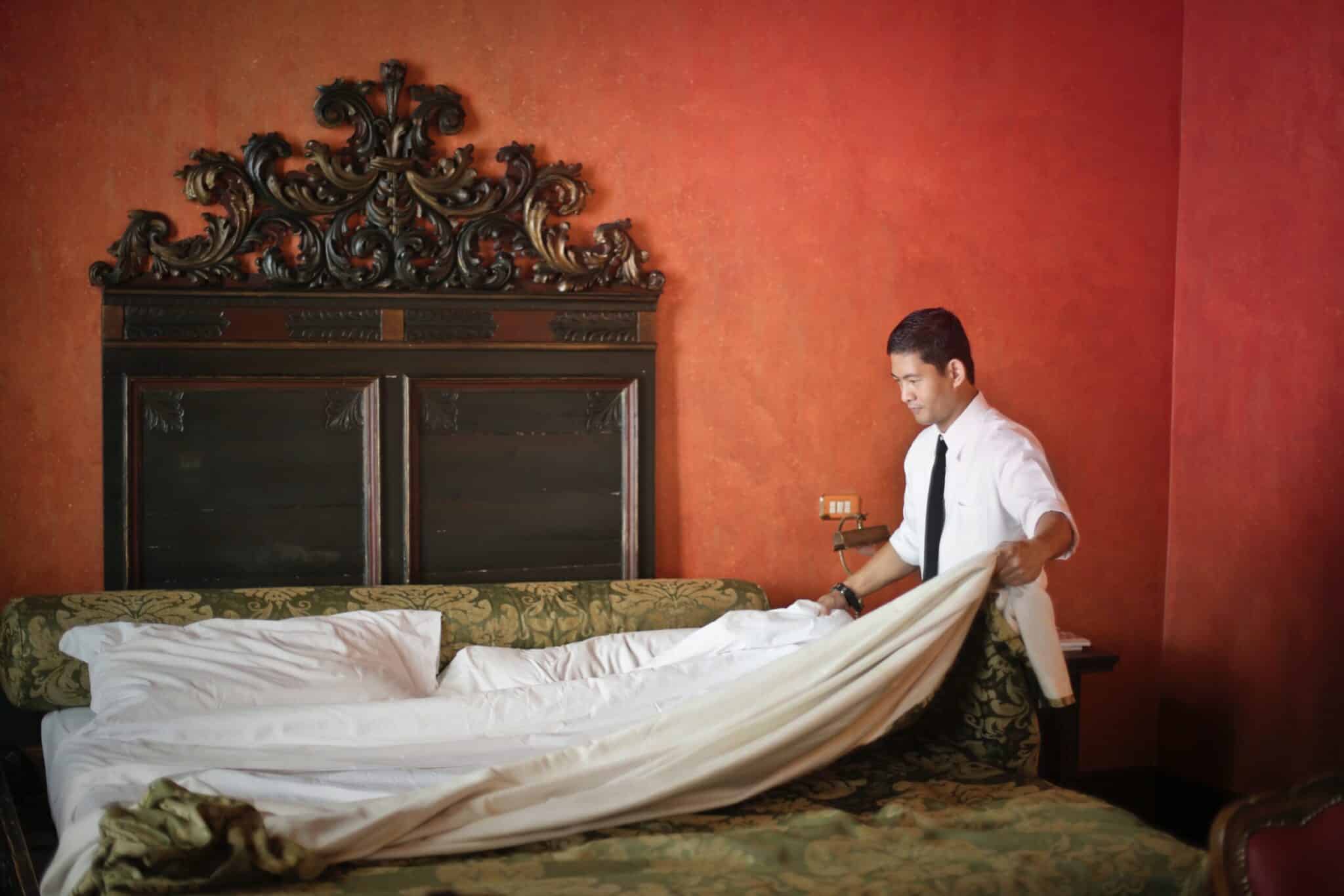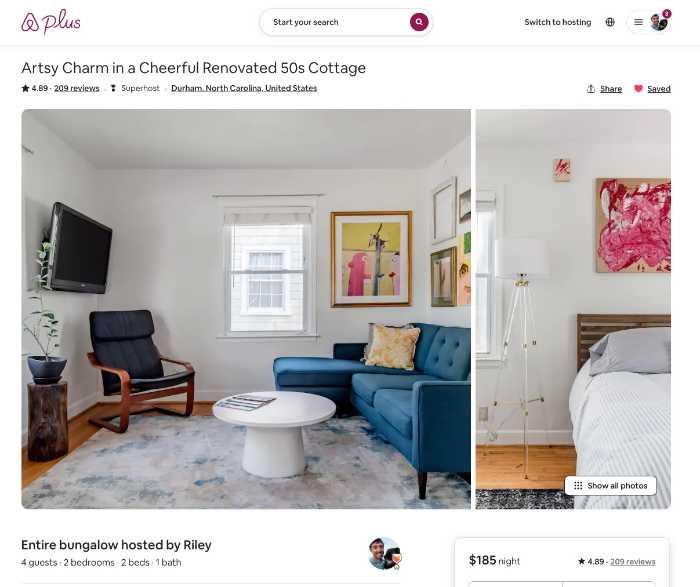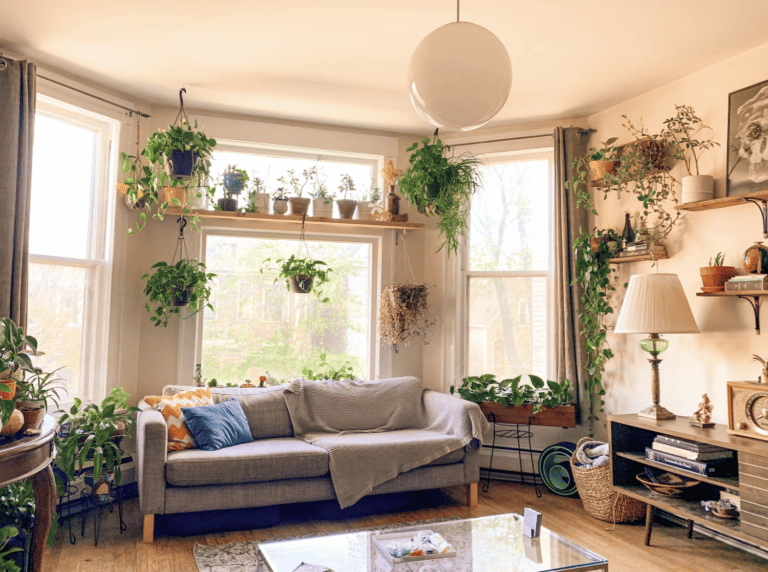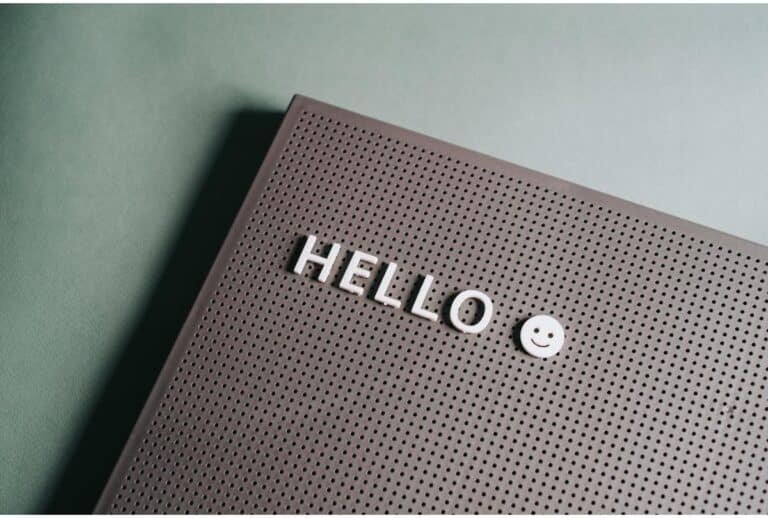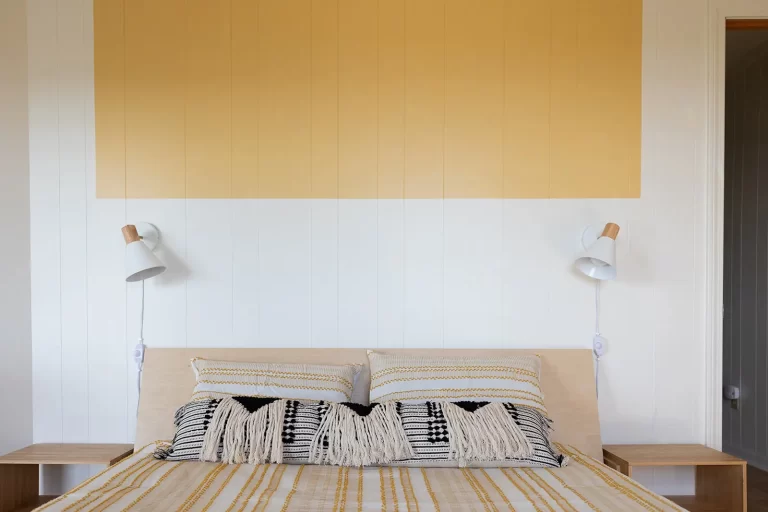Should You Charge Guests a Cleaning Fee? Airbnb Cleaning Fees Explained
When you’re starting as an Airbnb host, one of the first decisions you’ll need to make is whether or not to charge guests a cleaning fee. This can be a tricky decision, as there are pros and cons on both sides. In this blog post, we’ll explore the topic of Airbnb cleaning fees in-depth and help you decide what’s best for your business.
What is an Airbnb cleaning fee and why do hosts charge them?
An Airbnb cleaning fee is an additional charge that guests pay on top of their nightly rate. This fee goes towards the cost of hiring a professional cleaner to clean and turnover the property after each guest reservation.
Many hosts choose to charge a cleaning fee to offset the cost is to hire professional cleaners. This way, they can keep their nightly rates lower, which can attract more guests. Additionally, charging a cleaning fee allows hosts to be transparent about the costs associated with running their business.
However, it’s important to note that some guests may be turned off by an additional fee and decide to book elsewhere. Airbnb was the first booking platform I encountered allowing hosts to charge a cleaning service fee and at first, I was pretty surprised but I brushed it off pretty quickly as cleaning fees became standard.
How much should you charge for a cleaning fee and what goes into the calculation?
The amount you charge for a cleaning fee will depend on several factors, including the size of your property, the number of rooms and bathrooms, the frequency of cleanings required, and the going rate to hire professional cleaners in your area. To get an idea of how much to charge, start by researching the cleaning fee on Airbnb. My approach is as simple as looking for other comparable Airbnb listings and seeing what they charge. If everyone is charging $50 you’re probably going to get some pushback if you charge $300 when a guest sees the final booking cost.
Next, consider how often you’ll need to hire a professional cleaner. If you have a small property with only a few rooms and bathrooms, you may only need to hire a cleaner once or twice per month. However, if you have a larger property or one that gets booked frequently, you might need to hire cleaners multiple times per week.
What cleaning products and equipment do you provide?
When it comes to calculating your cleaning fee, you’ll also need to consider the cost of supplies and equipment. If you provide all of the necessary cleaning products and equipment, you can factor this into your fee. However, if cleaners are responsible for providing their own cleaning supplies, you’ll need to factor that into the cost as well.
Early in my hosting, I felt like heavy chemicals were the way to go or products that had a super strong scent. If it smells like chemicals and air fresheners guests will surely think my home is spotless right?? Wrong! I stood mouth agape staring at my computer when someone said they had to leave my home because they were “sensitive to chemical smells” and asked for a refund. I couldn’t believe it!
The more guests I spoke with the more this felt like a commonplace opinion, so in recent years we adapted and use only natural cleaning products like diluted vinegar, salt, and lemon unless something more powerful is required. The primary exceptions are glass cleaner and enhanced cleaning protocols for Covid-19. I find it nearly impossible to clean mirrors without specifically labeled glass cleaners, and the last thing I wanted in my Airbnb was to help spread a pandemic.
What is a living wage?
If you feel inclined to debate about what a living wage is you’ve likely never spent any time trying to “live” on that wage. I totally get it, you’re trying to start a business, side hustle, or keep your business running, and employee wages can feel like a real burden. As the boss of your short-term rental business, you have the power to make pricing changes to help everyone win in the process.
So how is a living wage generally defined: A living wage is a minimum income necessary for a worker to meet their basic needs. This includes food, housing, transportation, healthcare, and other essentials. Here’s how Wikipedia defines it, and here’s Airbnb’s much briefer explanation.
Explore this very cool living wage statistical data tool from MIT. In Dare county where the Outer Banks, North Carolina are located this graph says 1 adult with two children must make $42.27 hourly to be making a living wage. Having been in the area for a while now I would say that seems incredibly accurate for my back-of-the-hand calculations. In Durham, it’s $47.06.
I’ve read quite a few debates about how $15, $20, $25, etc. dollars an hour is too much for a given location and we shouldn’t compare what it costs to live in places like San Francisco or New York City to our location, but consider that when you hire a cleaner they are mostly on-call which means they need to be flexible 7 days a week between 10 check out time and 4 pm a general check in time. That type of schedule makes it virtually impossible for them to have a day job with any regularity.
If you are going to employ someone 40 hours per week with vacation and benefits you likely don’t need to pay them $40 an hour but if you’re going to hire them as a 1099 contractor (where you don’t manage any of their taxes) they will expect higher pay.
What are some of the benefits of charging a cleaning fee to guests?
Charging a cleaning fee to guests can have a number of benefits. First, it can help offset the cost of paying cleaners. It will also send a subtle message to your guests about what you pay your cleaners. If you have a 25-dollar cleaning fee for a single-family house guests will assume you pay below poverty wages or that your house is likely not going to be clean. The average Airbnb cleaning fee for ranges from $50-200. When you make a decision about what to charge guests just ask yourself “What’s a reasonable cleaning fee, and what does that cover?”
Charging a cleaning fee as a line item is also a good way to keep the nightly rate of your Airbnb listing lower until someone goes to the checkout page. There’s probably a strong argument that it’s not the most transparent pricing model to use but the data really backs up this process of shopping for something you want and saying “I’ll only pay $10 for it,” but then at check out your $10 hat is now more expensive because of the added taxes and sometimes additional credit card fees. If you had seen the hat was going to be $15 from the start maybe you wouldn’t have made the purchase. Choosing which vacation rental your guests are going to book is more about falling in love with your Airbnb rather than what your cleaning fee is. That is, as long as whatever that service fee is doesn’t offend them.
Are there any drawbacks to charging a cleaning fee to guests on Airbnb?
The only real drawback to charging a cleaning fee is that it may deter some guests from booking your rental. However, if you make it clear in your listing that the fee goes towards paying your cleaners, most guests will understand. In my own experimentation, guests start to complain about cleaning fees or retaliate by not cleaning up after themselves whatsoever at the $200 mark. We have one cleaning company that does a fantastic job but they charge me $250 to turnover the home between guest reservations. Knowing my max cleaning fee I can charge guests without having it cost me bookings is $200 I cover the additional cost from the nightly reservation
How can you make sure that your guests understand your Airbnb cleaning fees policy before they book their stay with you?
Airbnb makes this very obvious when guests are about to press the “reserve” button on your listing. The cleaning fee is line item #2 right under your nightly rate. If a guest asks about your cleaning fee you can explain to them that you’re dedicated to paying the people who help make your vacation rental possible a living wage and the cleaning fee is a way to show guests what that is. I add a note on the bottom of the listing description that everyone who helps with my Airbnb business is paid a living wage.
Guests may ask what the cleaning fee covers and that shouldn’t scare you or offend you. I think it should include providing a spotless space with clean linens, toilet paper, soap, extra cleaning products, laundry detergent, and anything else appropriate for the type of rental you have.
Cancellation policies and cleaning fees
If your guest cancels their reservation before check-in the Airbnb cleaning fee is refundable. Airbnb service fees are only refundable during the free refund period for a reservation.
What are enhanced cleaning protocols for Covid-19?
Airbnb has instituted a number of new policies to help hosts keep their rental properties clean and safe during the Covid-19 pandemic. These include enhanced cleaning protocols which can be seen in detail on their website, but in general:
Your home needs to be ventilated, sanitized using recommended chemicals, and linens cleaned on the highest possible temperatures. High touch areas also need to be wiped like door knobs, and light switches. There isn’t a place to add an enhanced cleaning fee to your listing and my guess is because that’s likely to make guests ask themselves if their vacation rental will be dirty if they opt out of the extra fee.
The Airbnb enhanced cleaning checklist seemed quite long at first but if you think about how you want your home prepared for guests in the first place it was just a matter of teaching yourself better germ hygiene.
What are short-stay cleaning fees?
Airbnb started allowing hosts to customize short reservation cleaning fees which could have a huge benefit for some Airbnb listings. For me, it doesn’t have much of an effect because there’s a pretty even balance between guests who leave their rental spotless after a multi-week visit, and someone who is incredibly messy for an overnight.
In conclusion
In conclusion, Airbnb cleaning fees are a necessary part of running a successful Airbnb business. They help to ensure that your employees are paid fairly and help to keep your rental property clean and safe for guests. While they may deter some guests from booking, most will understand when you explain that the fee goes towards paying your cleaners. You can make sure that guests understand your Airbnb cleaning fee policy by including it in your listing description and explaining it to them if they ask. If a guest cancels their reservation before check-in, they will be refunded the cleaning fee. Lastly, Airbnb has instituted new enhanced cleaning protocols in light of the Covid-19 pandemic which you can find on their website.
One thing about my short-term rental business I love and am really proud of is the team I’ve put together to help make it a possibility. The majority of the people who work for me have done so for years and take ownership of the great work they do. The only way that’s possible is if people feel valued and are paid well enough to make it happen.
Do you have any Airbnb cleaning tips that you’ve found to be successful? Let us know in the comments below!

